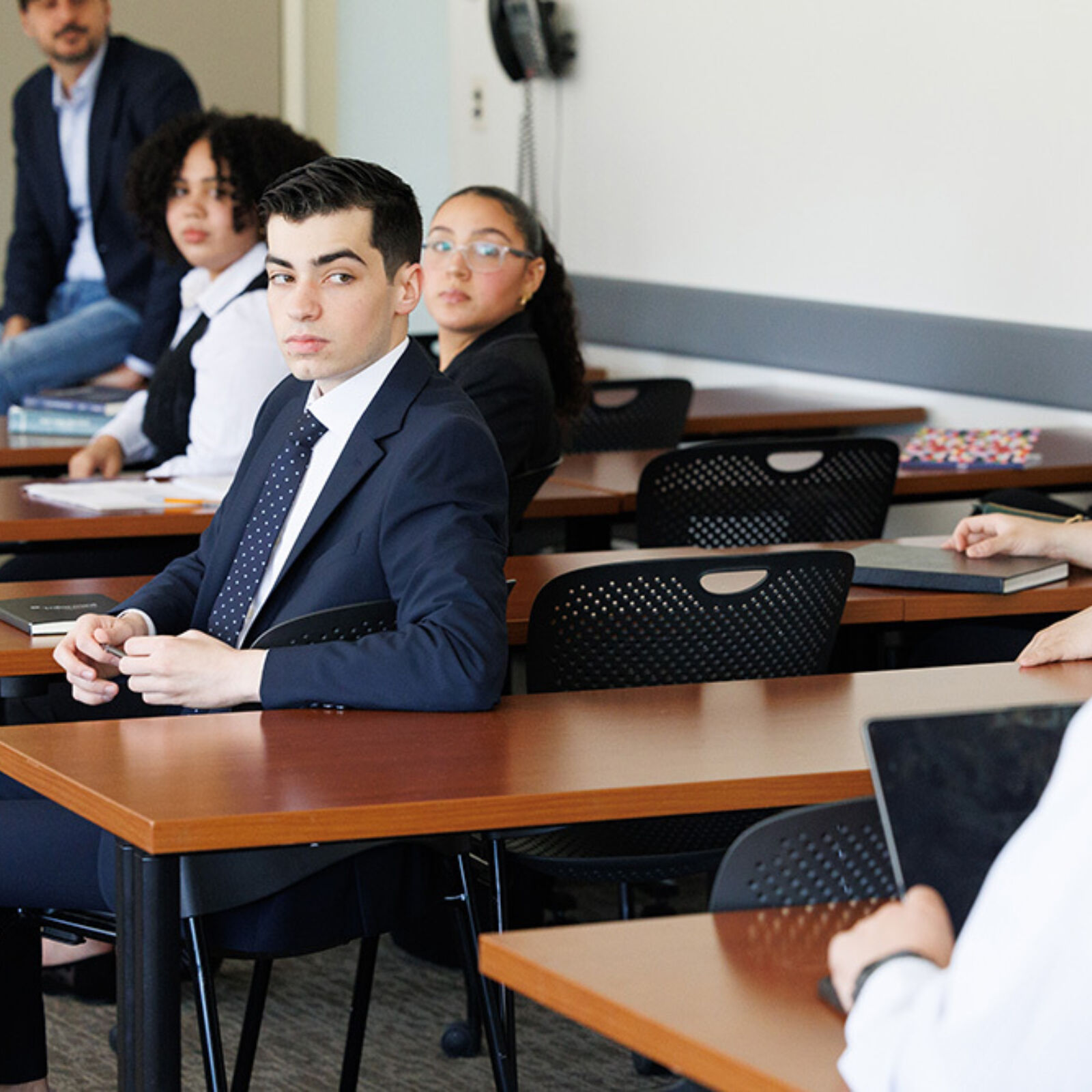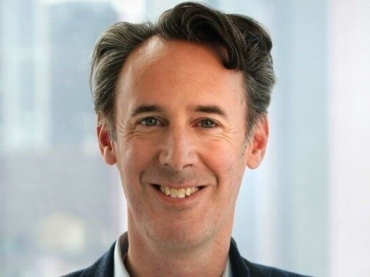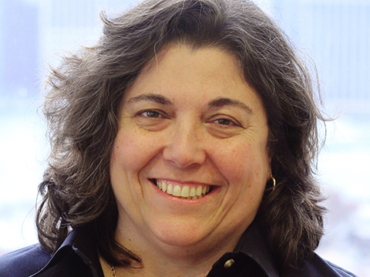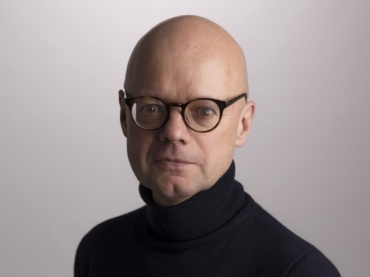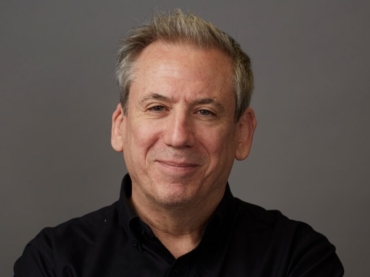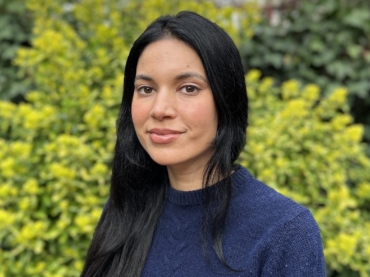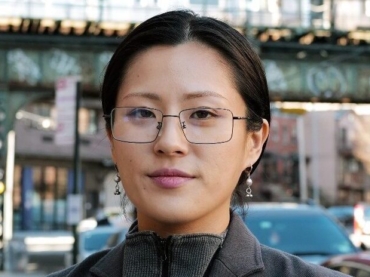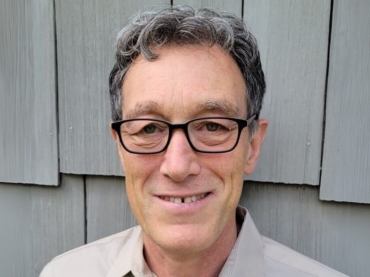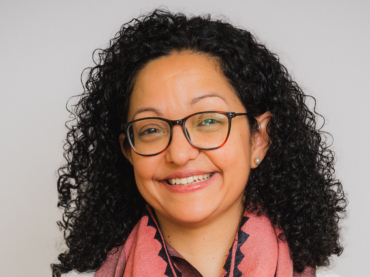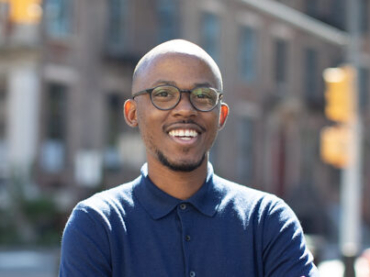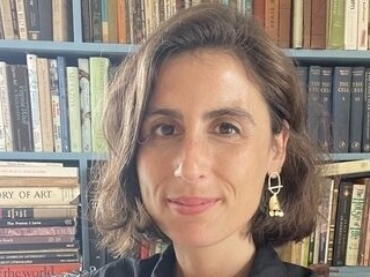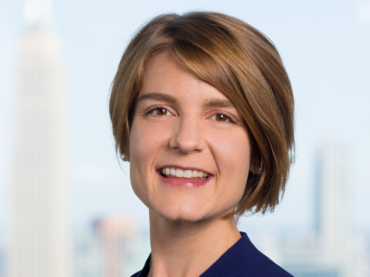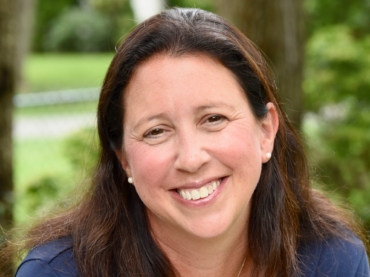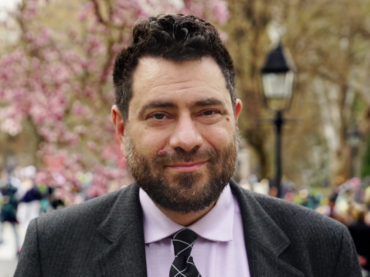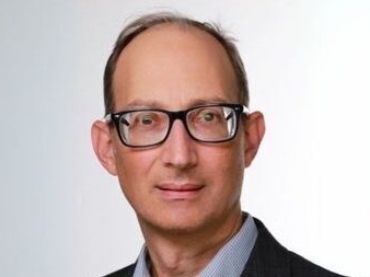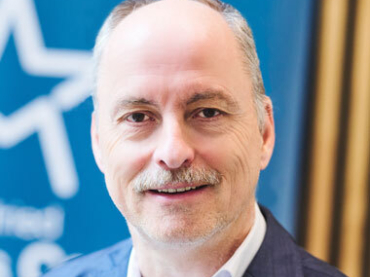Brittany N. Montgomery is committed to making cities better places to live. She is an expert in urban mobility systems and governance, with over 18 years of leadership experience delivering complex, cross-functional policies, projects, and programs for governments, non-profits, and private sector clients in Latin America, the U.S., and East Asia. From strategy and policy making to infrastructure delivery, technological innovation, and behavioral change, she has broad and deep knowledge of urban systems. Her writing explores the links between anti-corruption policies, administrative oversight, bureaucratic behavior, and the ability of governments to deliver infrastructure.
Montgomery currently works to provide New Yorkers better commutes, as Sr. Advisor of Special Projects & Initiatives at the Metropolitan Transportation Authority. She previously served as an Advisor to the Secretary of Mobility in Bogotá, Colombia under Mayor Enrique Peñalosa. As an Ambassador to the BCG Henderson Institute, Montgomery wrote Untangling Conflict: An Introspective Guide for Families in Business, published with Penguin Random House in 2022, becoming an Amazon India Business bestseller. She holds a PhD in Political Economy of Development from MIT, a Master of City Planning and M.S. in Transportation from U.C. Berkeley, and a B.S. in Civil Engineering from MIT. She is an alumna of CORO Leadership NYC and the Boston Consulting Group.

